Top Drone Startups in India Hiring Certified Pilots
Once limited to entertainment and videography, drones are proving to be game changers in agriculture, logistics, security, infrastruct

The rapid progress of drone technology has opened up new possibilities in many industries. Tactical drone operations have played a ground-breaking role in surveillance, defence, disaster management, agriculture and security. In India, basic drone training is no longer sufficient; pilots now need advanced training for high-risk missions. The Advanced Pilot Course trains drone pilots in strategic thinking, emergency management, and technical skills, enabling them to operate drones effectively in real-world scenarios.
Here, in this blog, you will learn about what makes an advanced drone pilot course different from a normal drone pilot training course. Apart from this, you will also get to know what you will learn as part of the course, whether theoretically or practically.
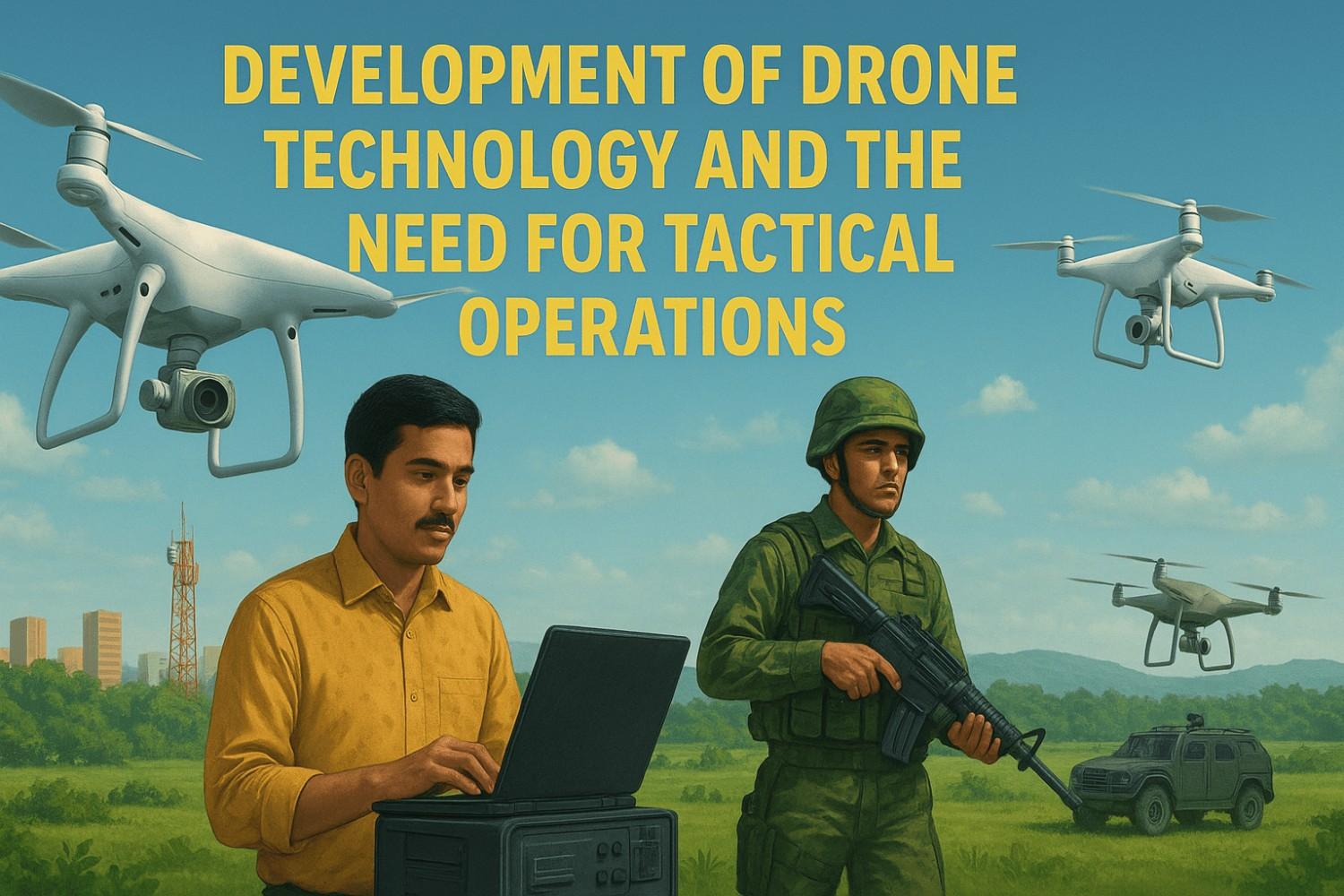
According to the DGCA, over 2 lakh drones were registered in India by 2023. A large part of these is being used for industrial and surveillance purposes. DRDO assessments show that drones are around 40% more effective than conventional systems for surveillance and supply in border areas.
Tactical drone operations refer to the use of drones in missions that require a high level of strategy, precision and risk management. This includes border surveillance, delivering relief material to disaster-affected areas, collecting real-time data from hazardous areas and protecting industrial installations.
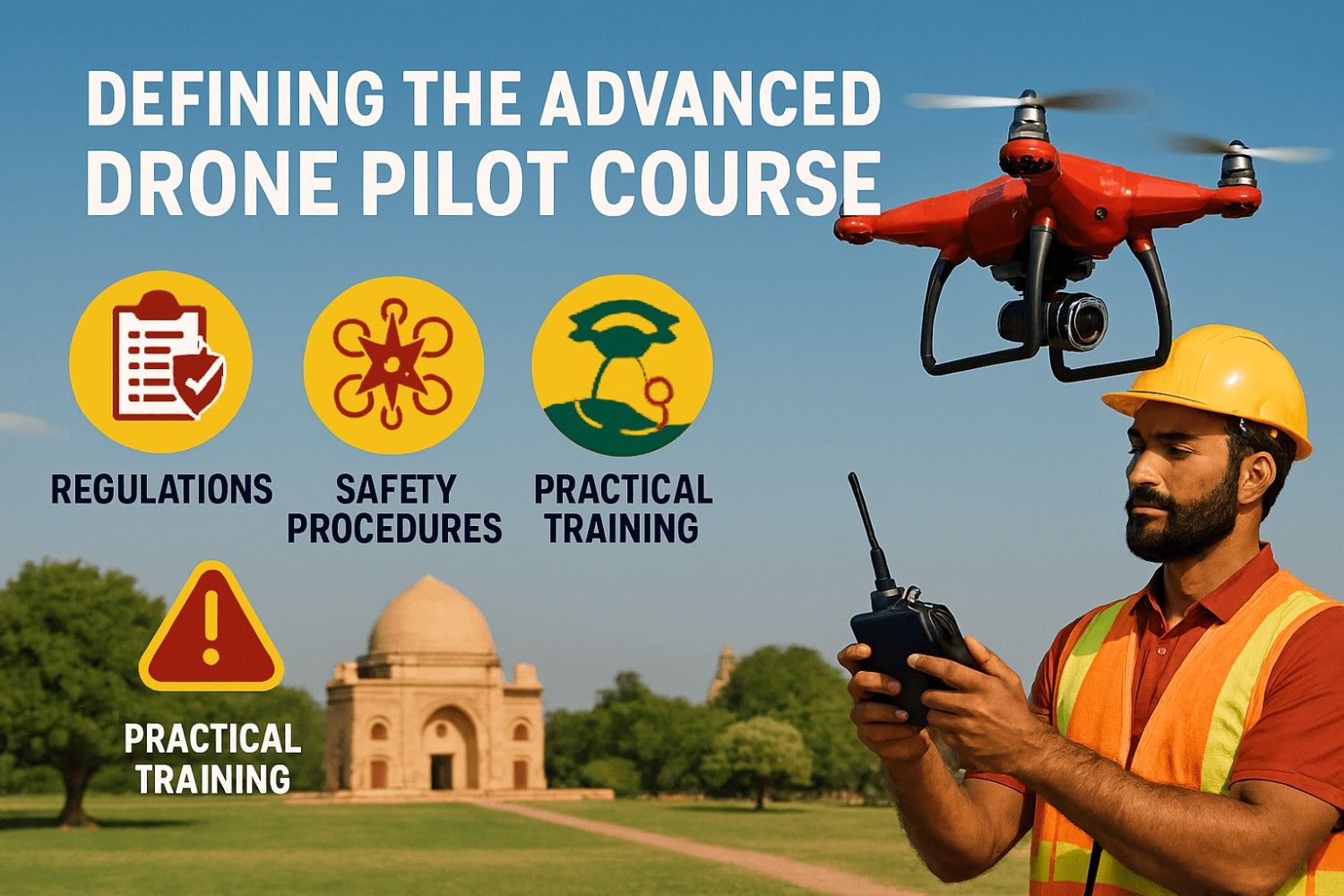
The basic drone pilot course allows the drone pilots to learn general flying techniques, navigation and safety protocols. On the other hand, the advanced version of the same develops the ability to conduct complex missions. In India, top government institutes as well as private ones, such as Flapone Aviation, offer not only the basic but also the advanced training courses recognized by the DGCA. Their duration ranges from 15 to 45 days, based on the complexity. The entire course duration is divided, with 60% dedicated to practical training and 40% to theory.
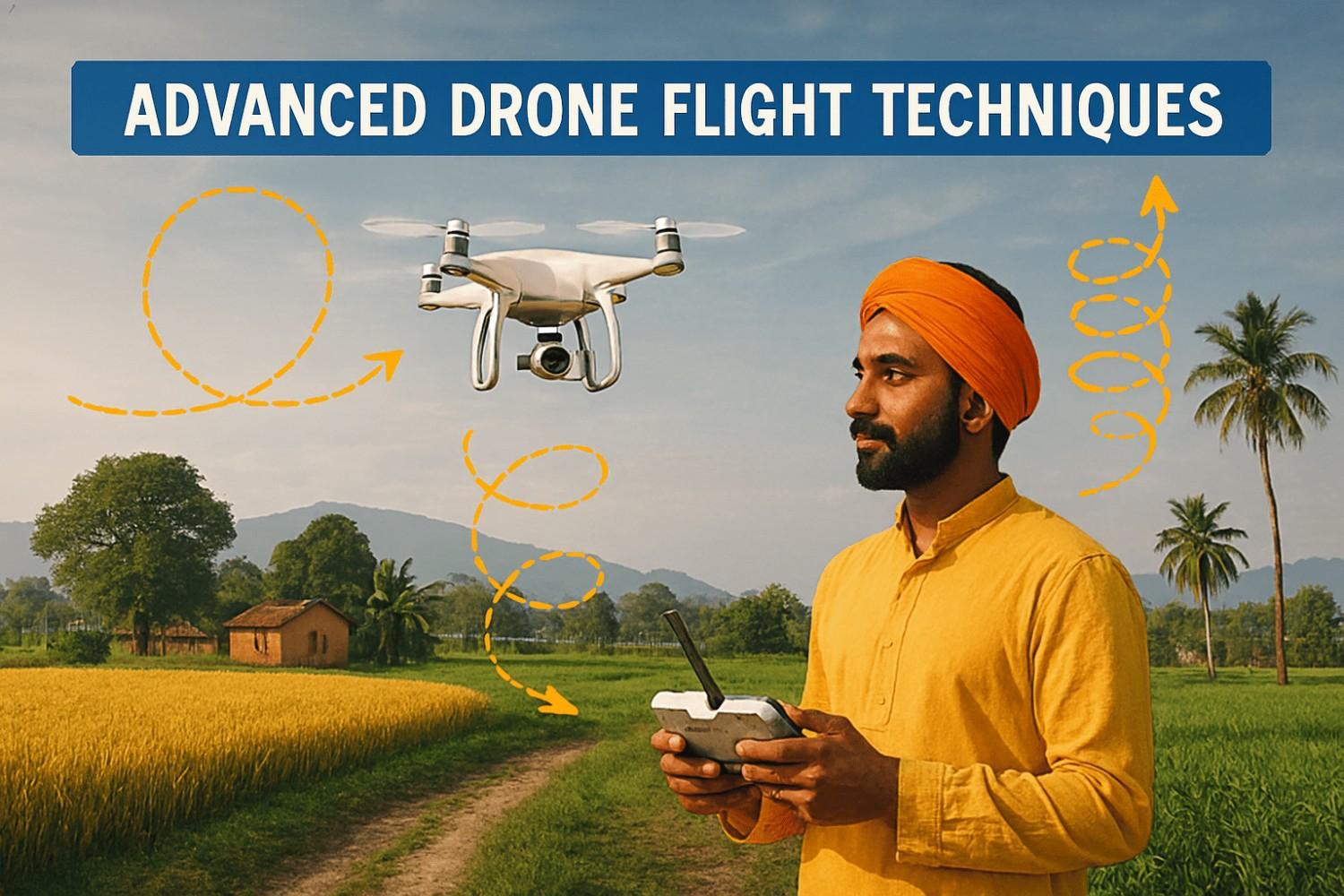
When we talk about tactical missions, drones are generally required to be flown through strong winds, survey the heights and avoid the observation of enemies. Trainees are trained in high-wind flight techniques, low-observable flight and quick switching from autopilot to manual mode. This enables the pilot to maintain balance and control even in unusual and dangerous situations.
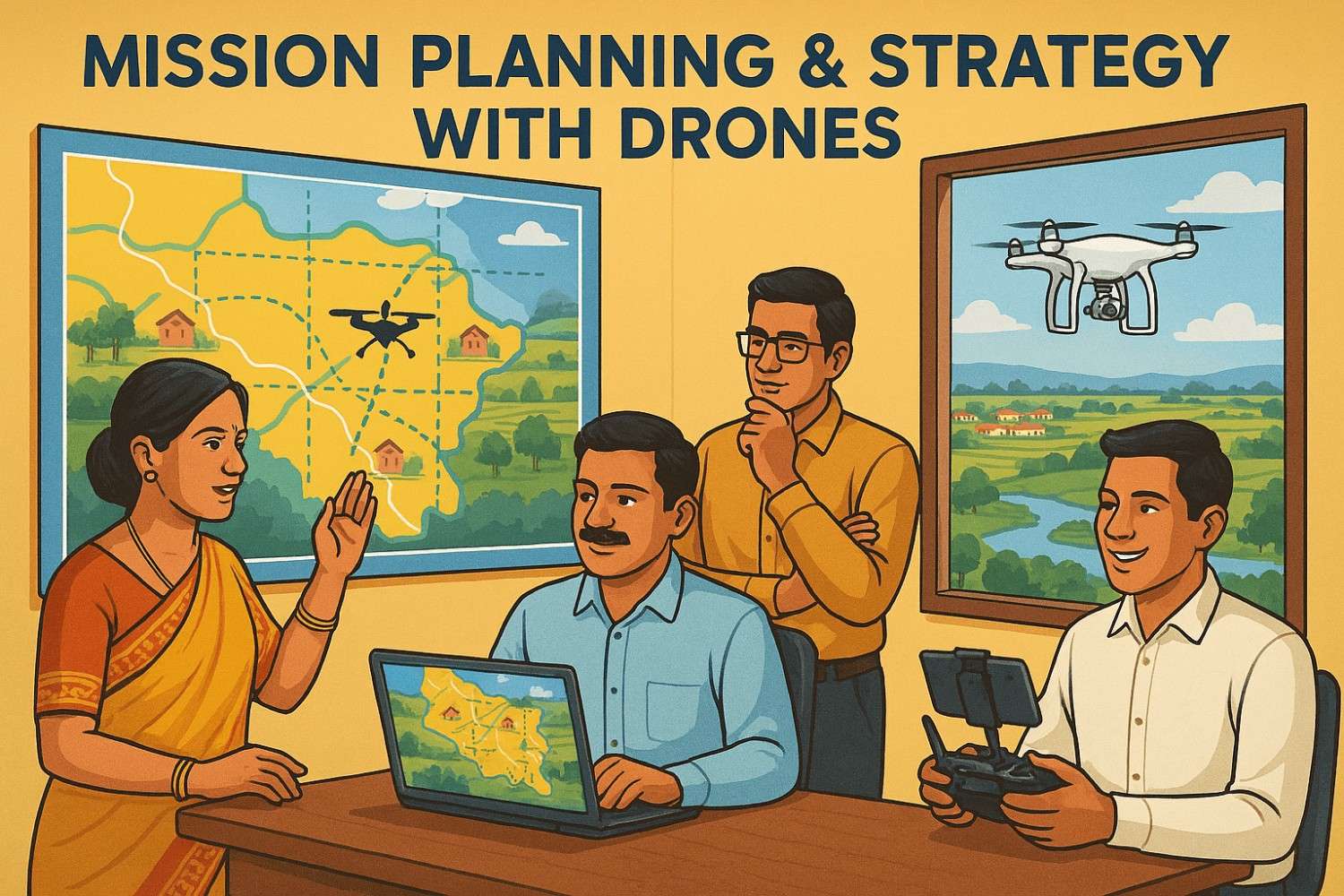
The success of any tactical operation hinges on accurate planning. The cutting-edge course teaches pilots digital mapping, GIS techniques, time management, risk assessment and backup plans for emergencies. This training allows them to be strategic in real missions.
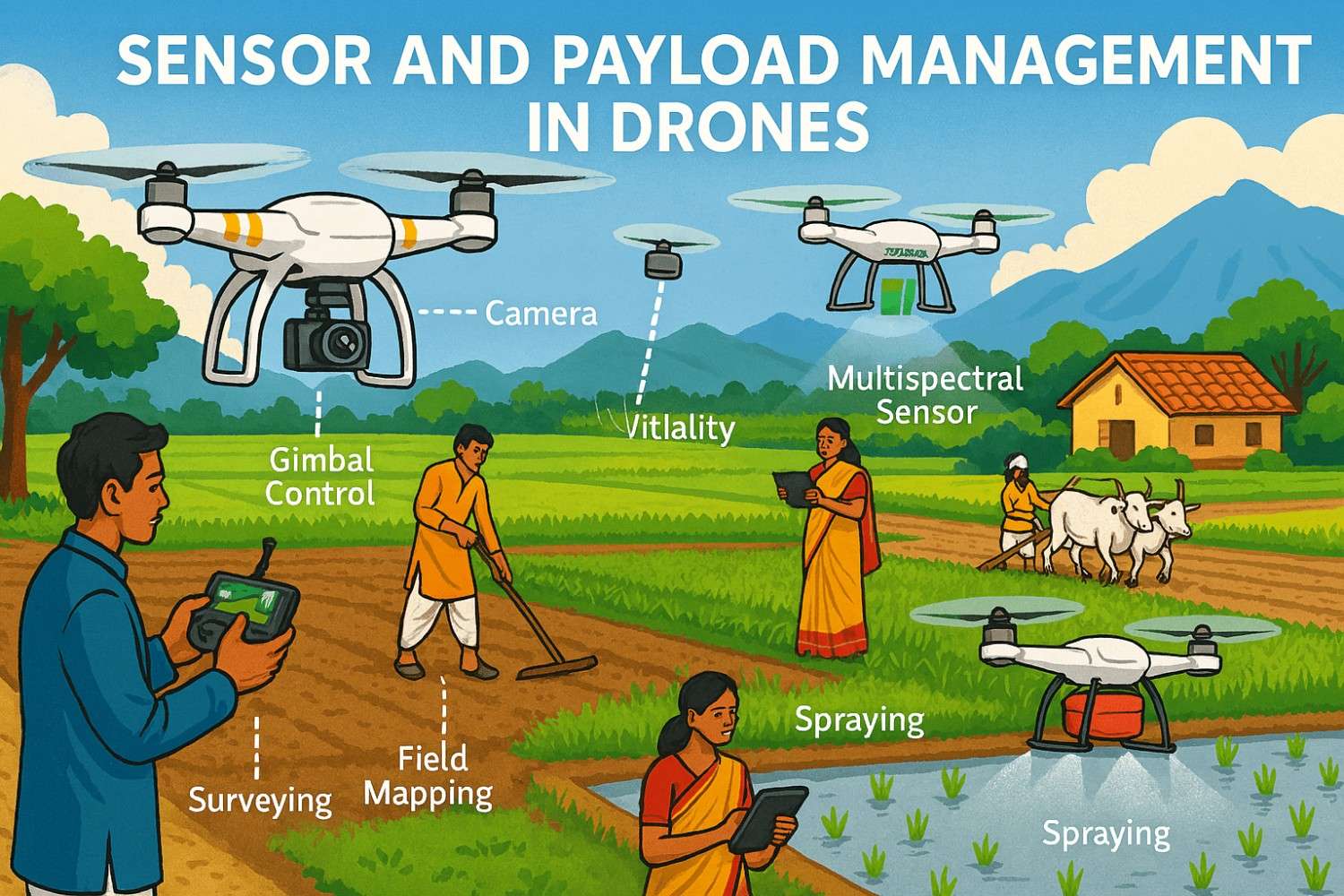
Tactical drones have modern sensors and payloads. These drones have advanced thermal imaging cameras, LiDAR sensors and supply drop systems. The trainees learn how to effectively operate these advanced drones in accordance with the mission's requirements. For example, thermal cameras are the go-to choice for night surveillance, and 3D maps are created using LiDAR technology.
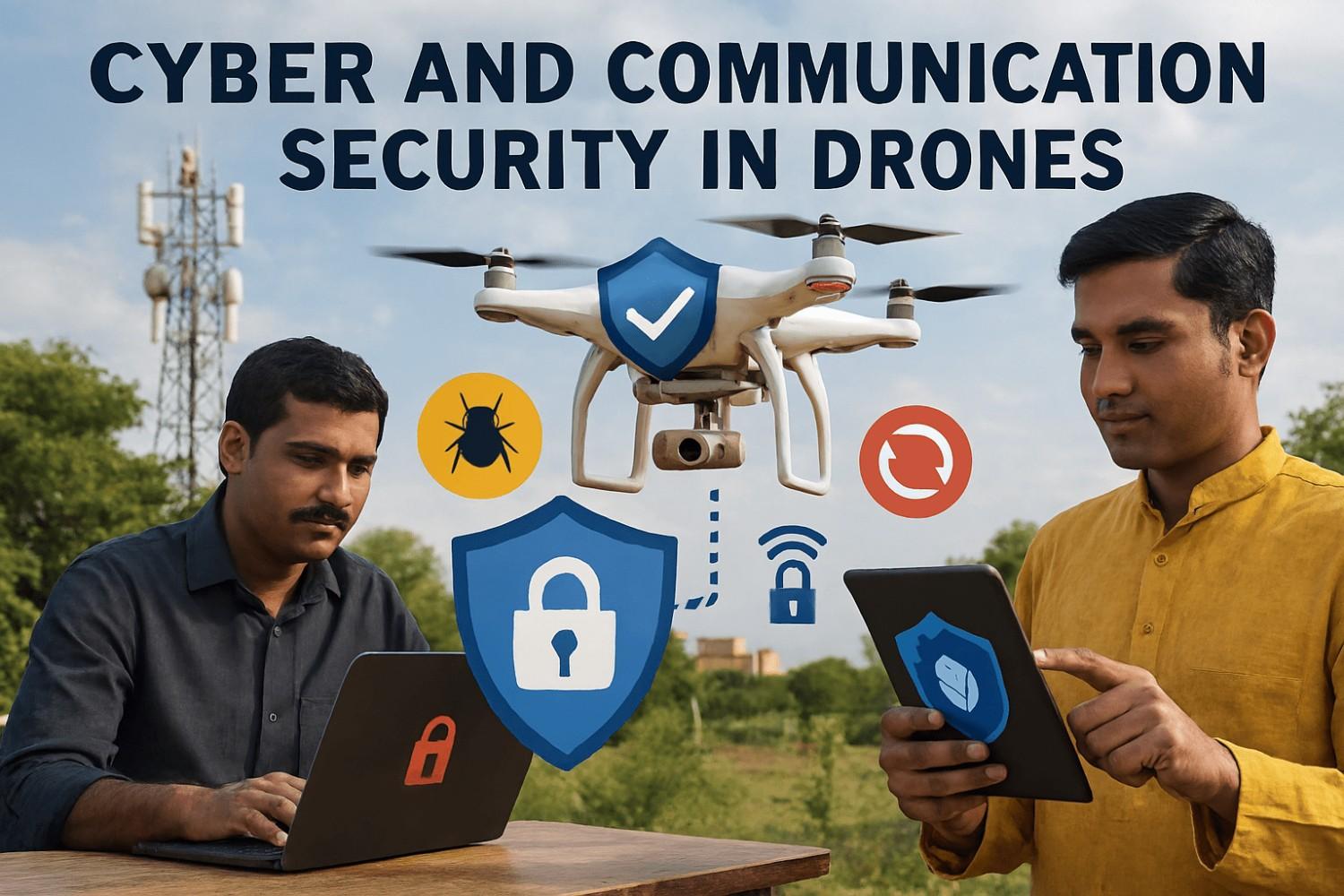
Cybersecurity plays a significant role in drone operations. Drone pilots use encrypted communication channels for protection against hacking and to transfer data securely. This guarantees that the sensitive information captured with the help of drones is not misused.
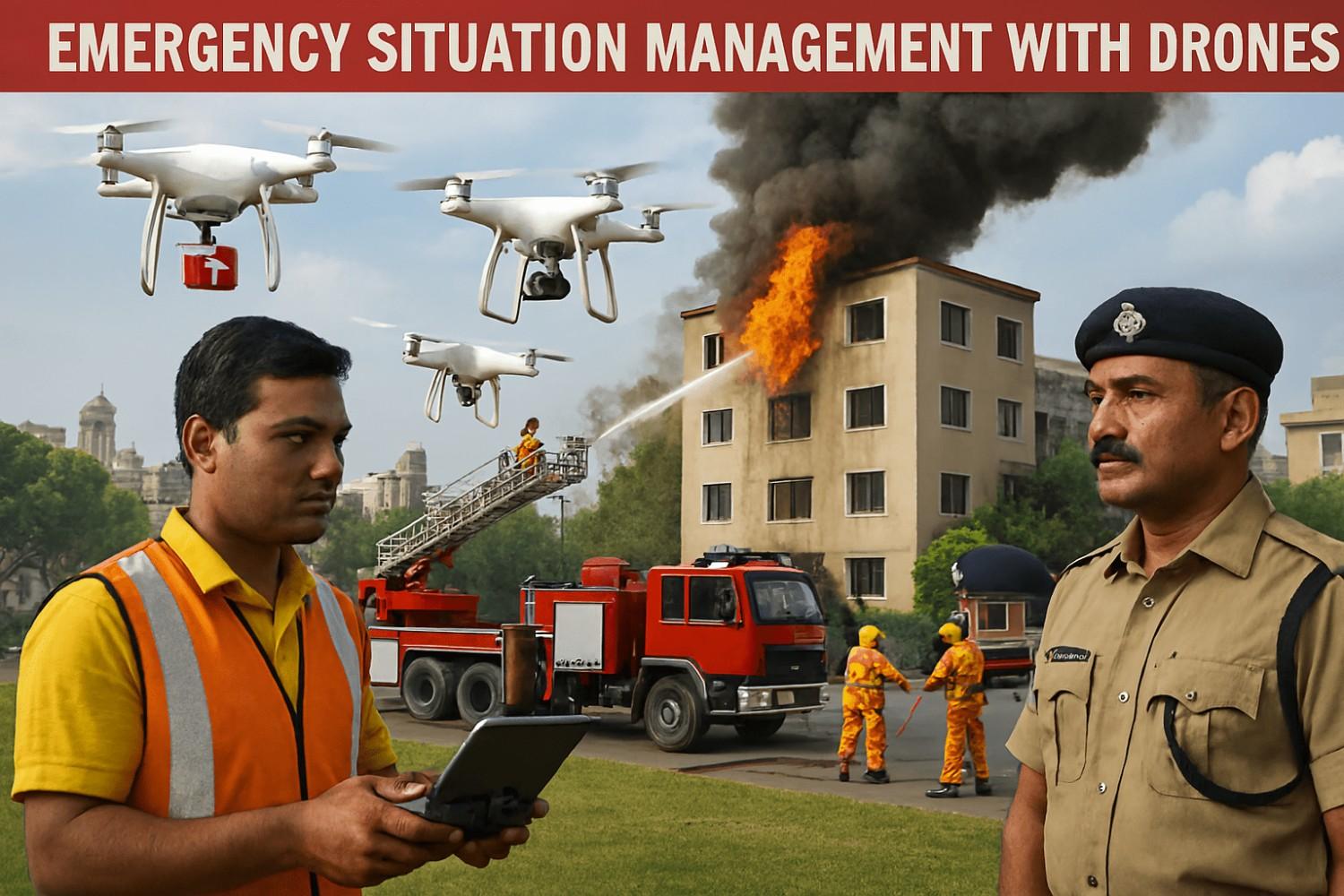
Tactical missions, most of the time, possess a high degree of risk, to say the least. In the advanced drone piloting course, pilots are taught to make split-second decisions in crunch situations. Mastering crash avoidance techniques in case of drone failure, developing strategies to deal with unforeseen weather changes and prioritizing safety is given heed.
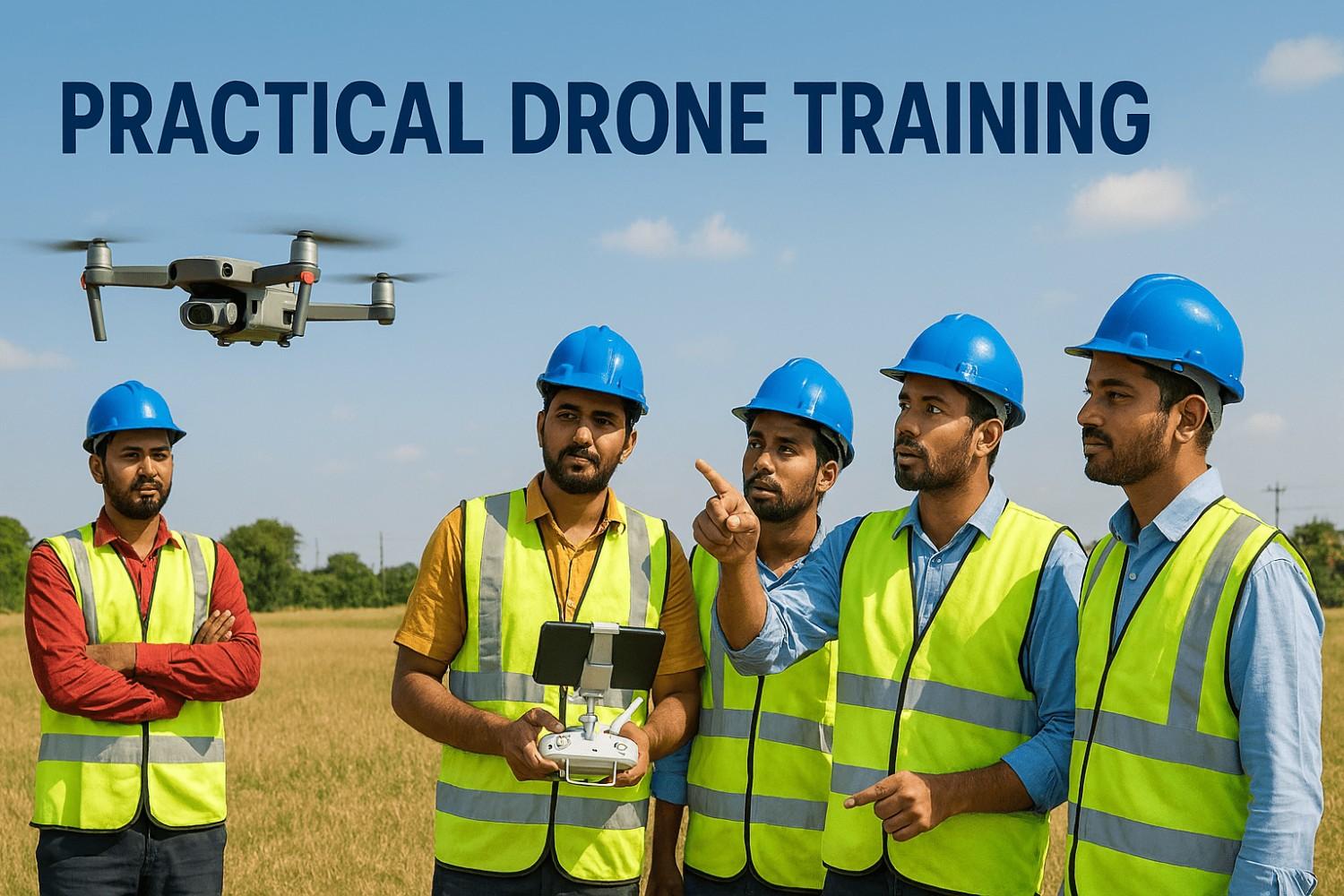
The most significant part of the cutting-edge course is practical training. Pilots obtain training in surveillance operations in urban areas, search and rescue missions in forested areas and high-risk missions along the border. The training environment is designed to simulate a real-world mission, developing both confidence and decision-making skills in pilots.
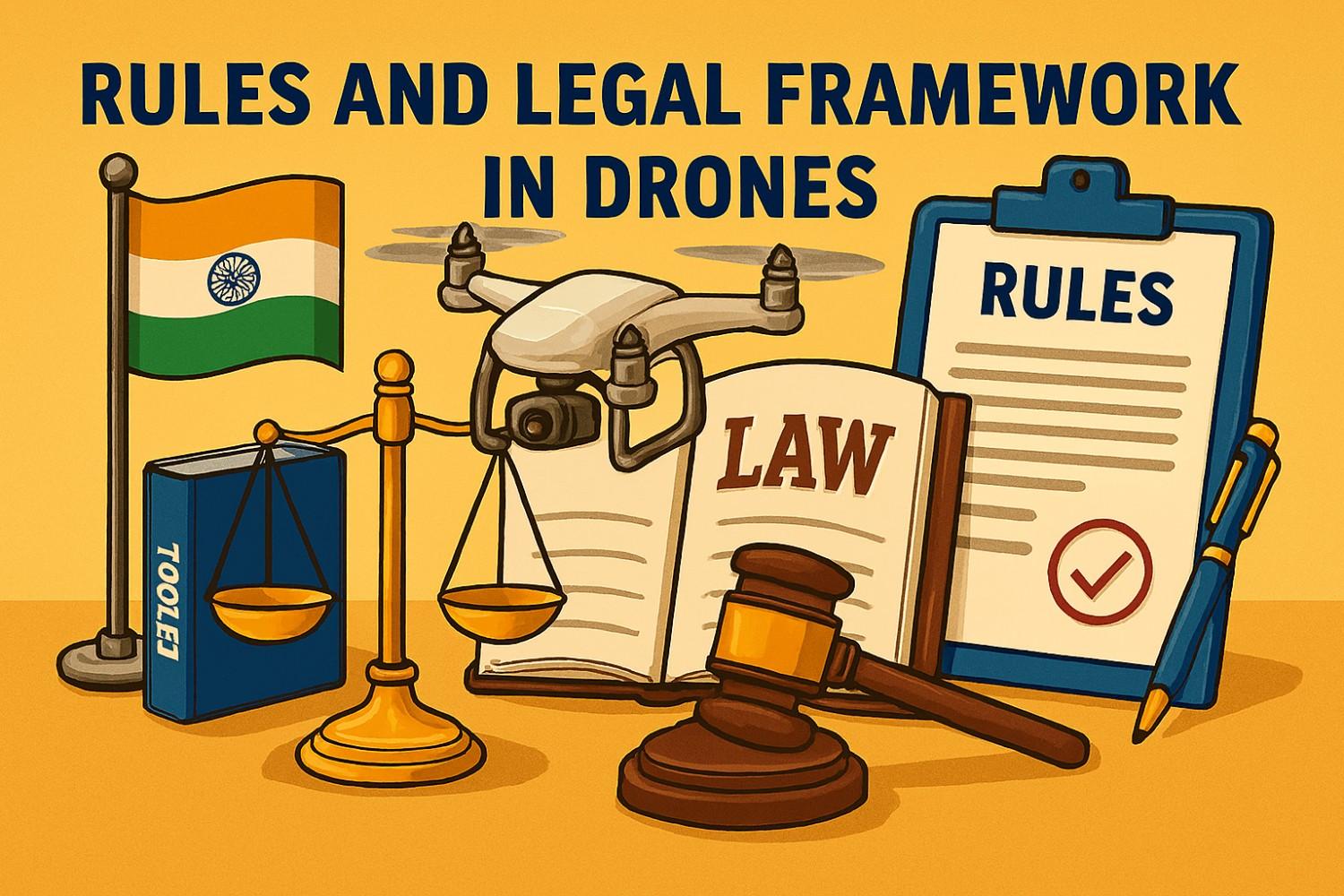
All drone operations in India are covered under the DGCA Drone Rules 2021. The advanced course trains pilots on no-fly zones, the procedure of obtaining permission from the DGCA, drone registration, insurance and data privacy provisions. The DGCA estimates that by 2024, around 35% of total drone operations in India will be related to industrial and tactical missions.
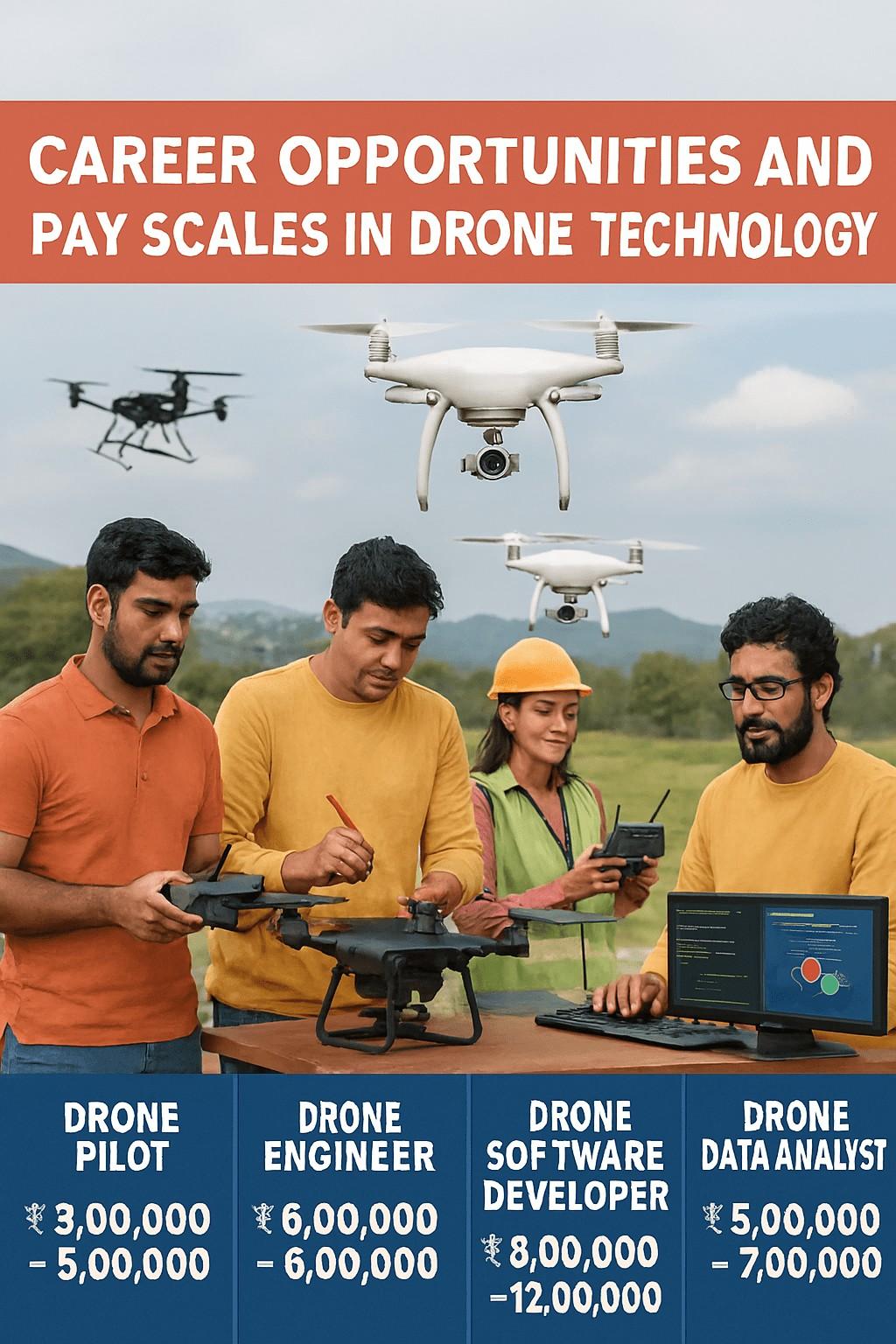
When a person has completed an advanced drone pilot training course, they are ready to take on various opportunities in the ever-evolving field of drone technology. They can be employed as specialist drone professionals in defence and security agencies, police and disaster management departments and private companies. An advanced drone pilot in India earns between INR 50,000 and INR 1,50,000, with even higher salaries in defence agencies.
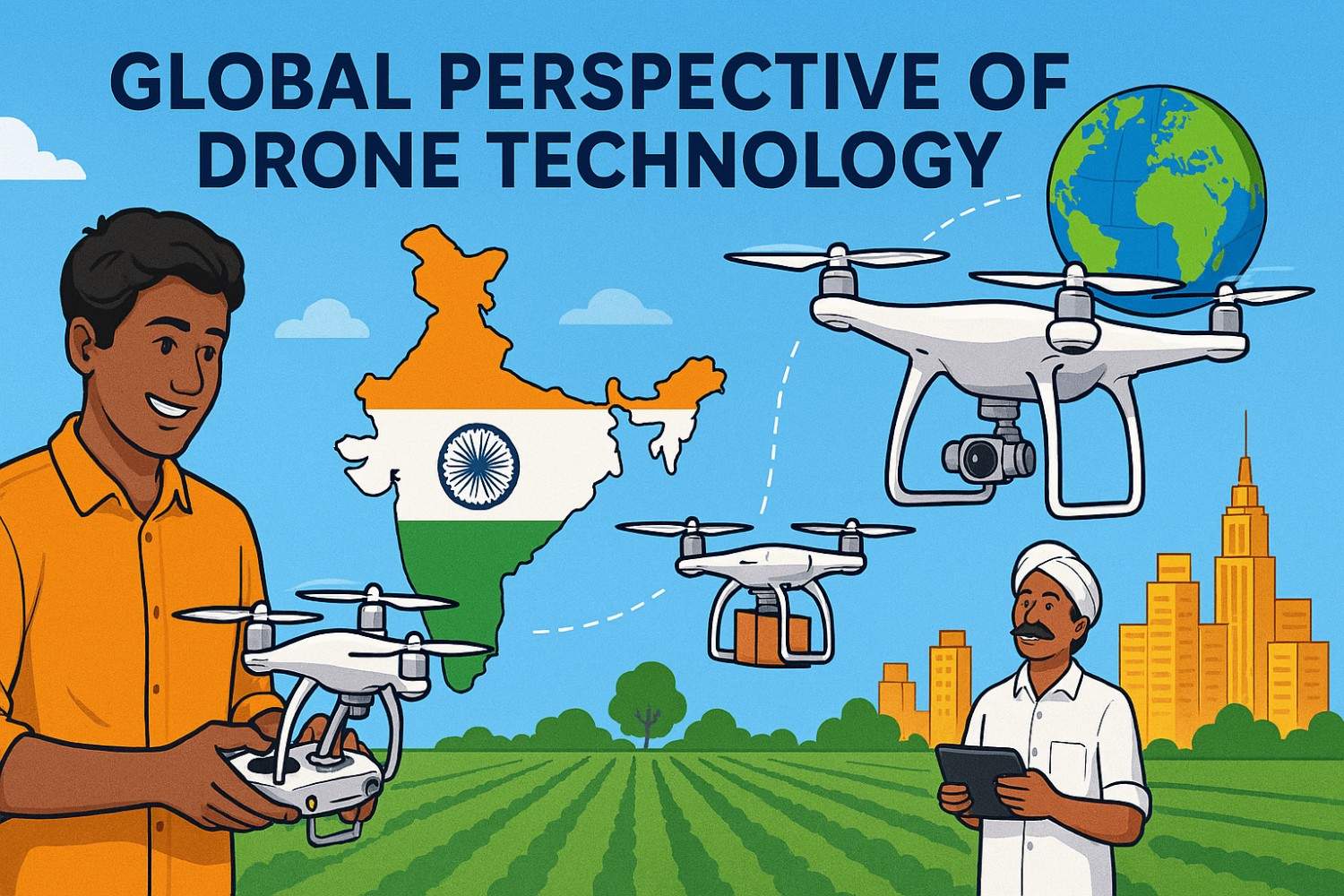
When we talk about the international perspective of an advanced drone pilot course, the US, Israel and China are the leaders in tactical drone operations. The US Department of Defence spends approximately USD 7 billion on drone technology every year. India has also set a target for the drone industry to reach USD 50 billion by 2030. This suggests that the demand for advanced drone pilots will continue to grow at an even faster rate in the years to come. So, it can be easily said that with an advanced drone pilot course, you can also look for career opportunities, not just in India but also on foreign soil.
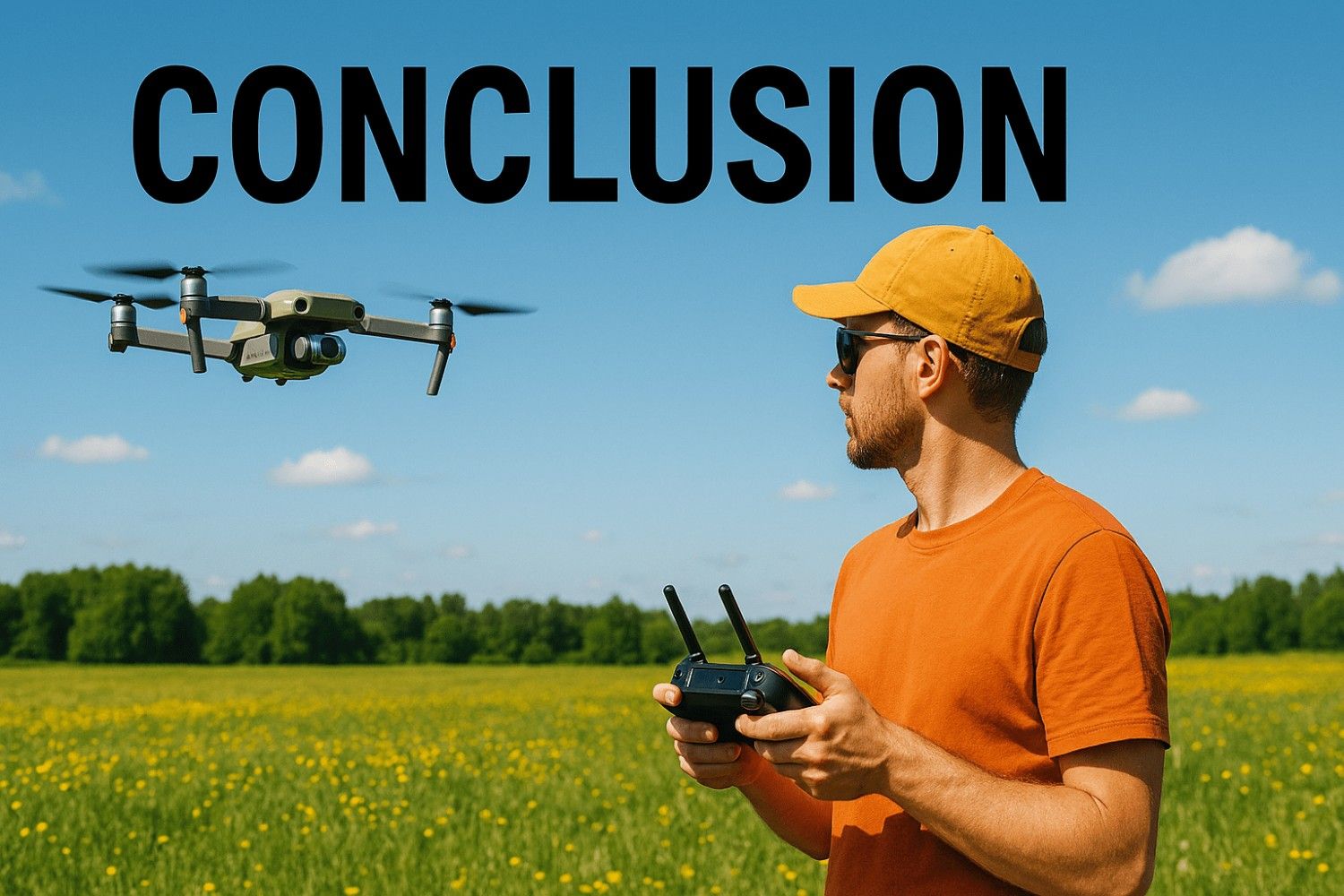
Tactical drone operations are expected to increase in the years to come, with a positive impact on the employment of advanced drone piloting professionals, not just in India but worldwide. The Advanced Pilot Course enables drone pilots to acquire high-level technical and strategic skills, enabling them to conduct complex missions and tasks.
Want to do an advanced drone course? Enroll with us at Flapone Aviation, a leading drone training institute in India. Here, advanced drone training is also provided for specific industries, in addition to basic drone training. So, don’t just think and wait? Turn the action mode on and start your career as a drone pilot.
Whether you're a beginner or looking to upskill, our training advisors can help you choose the right course.